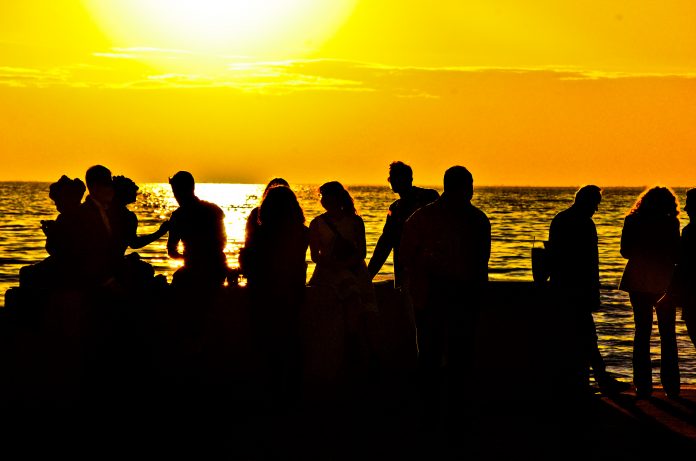by InTrieste
It is a question as old as human behavior itself: are people born wicked, stupid, or mad, or do life circumstances and choices lead them there? On Thursday, November 21, an eclectic group of scientists and scholars will convene at the Bartoli Hall of the Politeama Rossetti Theater to explore this profound and unsettling topic through the lenses of science and art.
Organized by the Rotary Club Trieste and led by its president, attorney Alessandro Zanmarchi, the event—titled “Wickedness, Stupidity, and Madness: Are People Born Wicked, Stupid, and/or Mad, or Do They Become That Way?”—seeks to challenge traditional boundaries. Psychiatrist Maurizio De Vanna, the mind behind the initiative, calls it “unconventional,” straying from academic discussions on familiar mental health disorders like bipolar disorder or schizophrenia. Instead, the debate delves into murky, universally recognizable traits, such as a lack of empathy or poor interpersonal awareness, and the blurred lines between them.
“The topic is complex precisely because it defies clear definitions,” De Vanna explains. “While these traits may sometimes overlap, the differences between them are significant and worth exploring.”
The evening will unfold as a tapestry of perspectives, each illuminating the topic from a unique vantage point. De Vanna himself, the former Director of the Psychiatric Clinic in Trieste, will open the discussion with a provocative presentation titled, “Are You Stupid, Mad, or Wicked?”
Joining him is Giorgia Girotto, Associate Professor of Medical Genetics at the University of Trieste and a geneticist at the renowned IRCCS Burlo Garofolo Institute, who will explore the genetic dimensions of the question in her talk, “Born or Made?” Psychotherapist Chiara Businelli will shift the focus to solutions in her segment, “Possible Remedies.”
In an intriguing twist, the evening will also turn to the arts. Paolo Quazzolo, Associate Professor of Theater History at the University of Trieste, will examine how wickedness, stupidity, and madness manifest in theatrical characters, in his talk, “The Characters of Theater.”
The event will be moderated by neurologist Paolo Manganotti, Director of the Neurology Clinic, who will guide the audience through the evening’s diverse discussions.
The debate promises to be not only interdisciplinary but also accessible. Free and open to the public, it begins at 6:30 p.m., with seating available on a first-come, first-served basis.
At its core, the event reflects a city known for its intellectual vitality and cultural openness. Trieste has long served as a bridge between Eastern and Western Europe, a place where ideas collide and conversations flourish. Here, science meets art, and age-old questions find new resonance.
For anyone in Trieste next Thursday evening, the Bartoli Hall promises a rare treat: an exploration of human behavior that is as rigorous as it is thought-provoking, and as entertaining as it is enlightening.





























